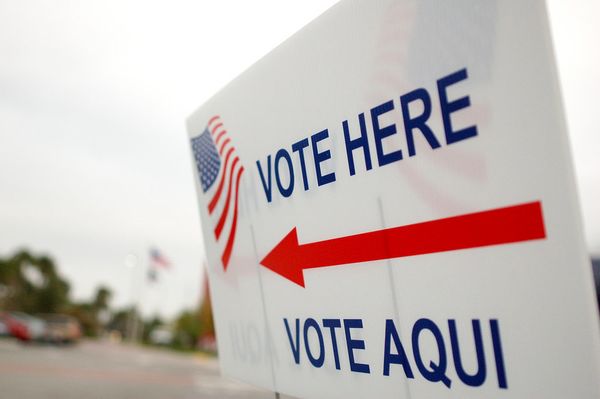In the 2009 remake of "Fame," Jenny auditions for the New York Academy of Performing Arts with the following monologue:
"My theory is that when parents get divorced, they're given some kind of a handout. When my parents were splitting, they told me three things:
1. It's not your fault
2. It's not your fault
And 3. It's not your fault
The problem is, I don't buy it. No kid does. I've seen the pictures of when you got married when you were good-looking and you smiled at each other... hell, when you even just looked at each other. So what happened between then and now? Me.
I came along and I made you tired and cranky and anxious and I made you lose your hair and gain 20 extra pounds and somewhere in all of that, you stopped loving each other.
So. I have my own idea for a handout. Next time tell me:
1. Happiness is hard
2. Don't make the same mistakes that we did
And 3. Okay, so maybe it is your fault a little.
You want me to be honest, you go first."
I'm not going to spend these 800 words trying to explain what I believe is meant by the above. I don't think I could even if I tried. If you don't understand the emotion in those words, consider yourself lucky. If you feel that same pain that is woven through those words in your own fresh wounds, it is you I write to.
When I was 13, my parents surprised my brother and I with a nice dinner on a beautiful day. We went to one of our favorite restaurants on the lake, taking a short walk to the park after finishing our meal. We sat down at a picnic table, and that's when the bomb was dropped. The D-word. The one for moms and dads that fight all the time. The one that fell off the lips of my loving, perfect parents. The one I never thought would materialize in front of me.
The one that did.
I soon found myself torn from familiarity, shuttled weekly between two homes, neither of which I recognized. Not with the mom or dad-shaped hole left in the dust. A new apartment, then a new house, then a new life. I mean, it was kind of like an adventure. Though I can't say it was a fun one.
I remember searching tirelessly for an explanation.
My parents? The ones who would drive us to McDonald's and get into ice cream fights? It was supposed to be us four against the world. What changed?
It had to have been me.
The year before, my mom and I spent months away from home while I underwent treatment in Portland. My dad only visited on weekends, leaving them alone for a majority of the time. I've been told that people get married when they can't live without one another. Well, 200 miles apart, my parents learned to operate as individuals. They no longer needed each other. And why? Because of my own stupid issues. Because of me.
By instinct, our parents are typically our first role models. We look up to them. They're supposed to know everything, solve every problem, find that silver lining in all of life's storms. So what happens when our role models' relationship fails? Well, it can't possibly be their fault, you might be thinking. You might wonder what changed. You might look at those old pictures and see the only thing standing between the past and the present, the happiness and the fighting, is you. You might be hurt. You might feel as though you are to blame.
I'm here to tell you it's not your fault.
You are a product of love. Whether it be your mom(s), dad(s), mom and dad, grandparent(s), guardian(s), foster parent(s)... you are someone's pride and joy. If you don't believe me, trust me when I say I'm proud of you. And you should be proud of yourself. It’s not easy to grow up in this world with skewed perceptions of love, friendships, or relationships of any kind. It’s hard enough to be a kid. You shouldn’t have to place blame on your shoulders; if you pile your worries too high, you’re bound to collapse. Don’t. Be proud of your parents for choosing the healthier path. Be proud of yourself for growing through the turmoil.
In a world where love so often seems to dissolve in front of our very eyes, the least we can do is shelter it within ourselves.
The rest is out of our control.



















